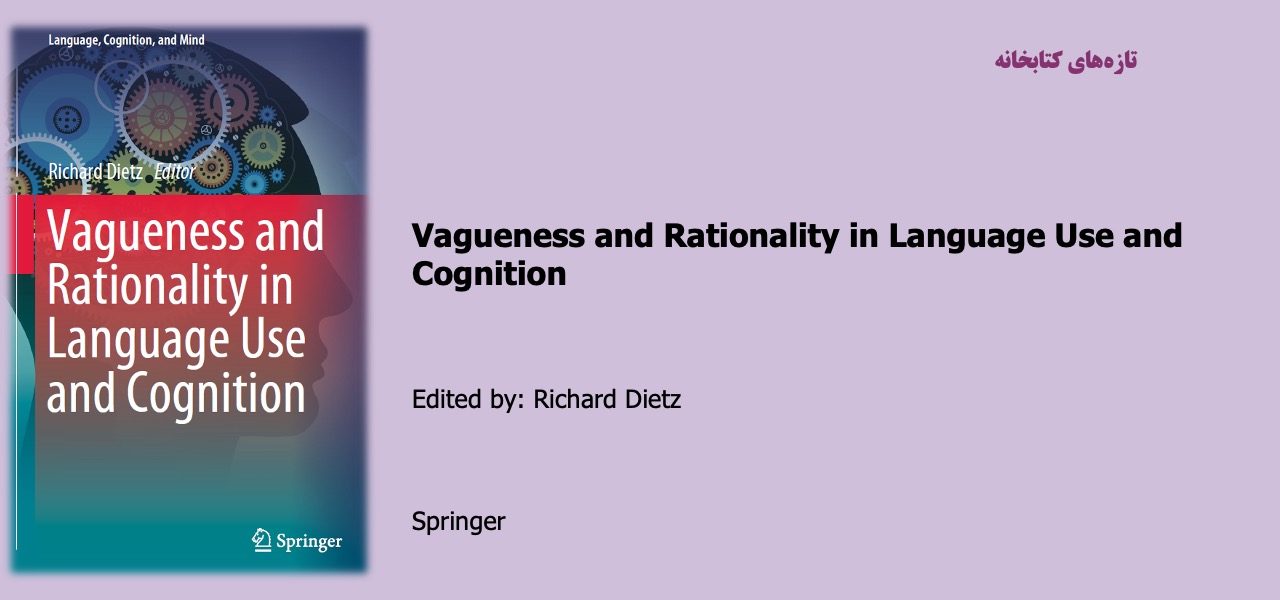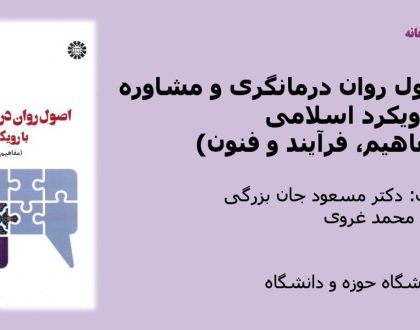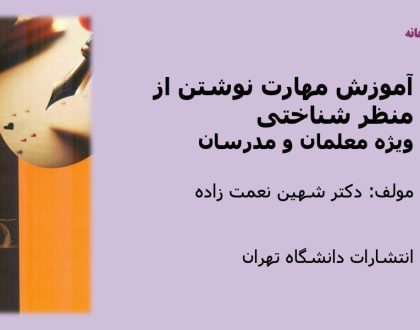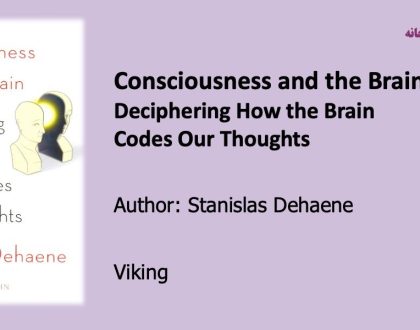Vagueness and Rationality in Language Use and Cognition

Vagueness in language and cognition has traditionally been interpreted in semantic or epistemic terms. Specifically, on the standard picture of vagueness, it is suggested that considerations of agency or rationality, broadly conceived, can be left out of the equation. Likewise, theories of rationality in choice behaviour traditionally abstract from the potential vagueness of notions that are fundamental to the theory of rational decision-making, such as credence or preference. It is in this regard fair to say that theories of vagueness and theories of rationality tend to be premised on the idea that they have nothing to contribute to one another. Recently, new literature has emerged, suggesting that this received idea is inadequate. For one, theories of vagueness in language or cognition have been used for models of rational vagueness-related credence
(Edgington 1997; Dietz 2010; Williams 2012; Douven and Decock 2017; Smith 2014) and decision theory (Williams 2014).1 For another, it has been argued that considerations of rationality should essentially factor into amore comprehensive account of vagueness. Proposals in this vain are diverse, ranging from philosophical theories on the supposed connection between vagueness and interest relativity (Fara
۲۰۰۰) or indeterminate projects (MacFarlane 2016), adaptations of choice theory for the semantics of vague languages (revealed preference: van Rooij 2011; social choice: Grinsell 2012), Bayesianmodels of pragmatic reasoning (Lassiter and Goodman
۲۰۱۷), or applications of evolutionary game theory to the theory of vagueness (for an overview, see Franke and Correia 2017). This volume presents new conceptual and experimental studies that explore interconnections between vagueness in language and cognition and the theory of rational behaviour. The first three papers, by Mahtani, Smith, and Andreou, turn on the ques- tion of how vagueness affects rational choice and related fundamental notions. The other cluster of papers, by Green and van Deemter, Correia and Franke, Douven, Grinsell, and Kochari and van Rooij, bring models of rationality to bear to the theory of vagueness in language and cognition.
مطالب مرتبط

اصول روان درمانگری و مشاوره با رویکرد اسلامی (مفاهیم، فرآیند و فنون)
۲۶ / بهمن / ۱۴۰۳

آموزش مهارت نوشتن از منظر شناختی
۲۶ / بهمن / ۱۴۰۳


